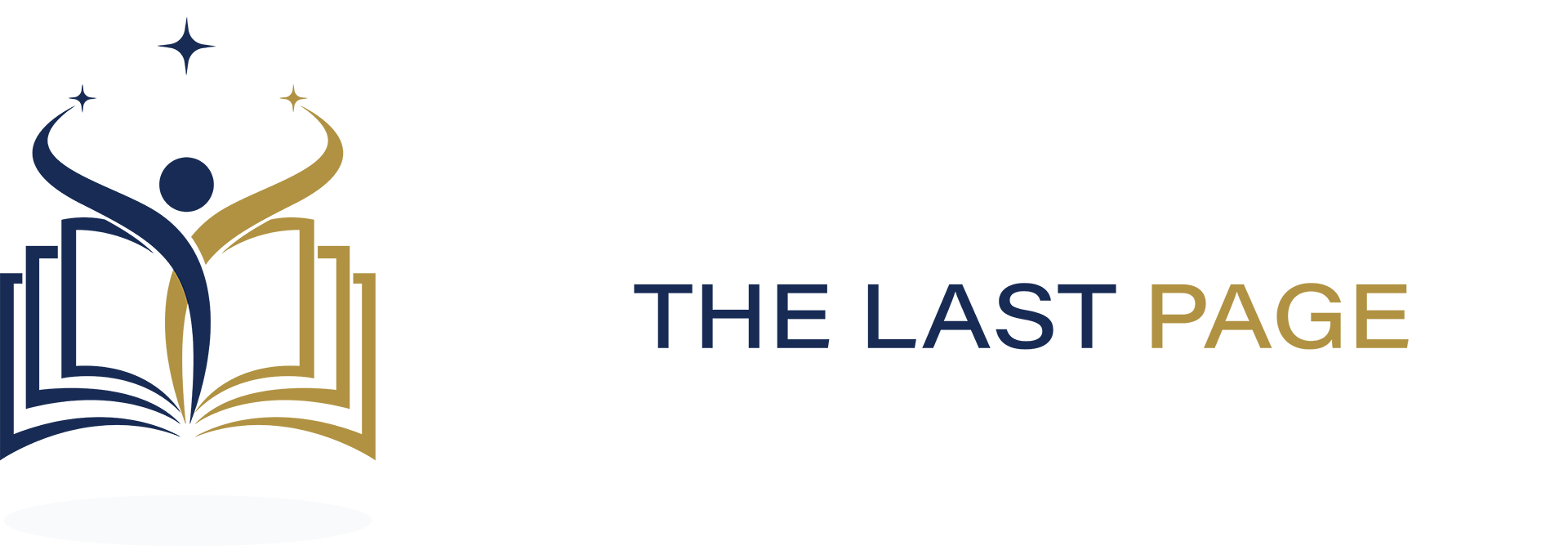Cadre d’évaluation de la crédibilité financière de l’IFPD : Chiffrage de la plate-forme 2019 du Parti Vert du Canada
La plate-forme du Parti Vert du Canada contient d’ambitieux engagements stratégiques qui ne reposent pas sur la planification économique et financière et la transparence requises
Cadre d’évaluation des plates-formes de l’IFPD : Crédibilité financière des plates-formes électorales 2019 des partis fédéraux
En octobre 2019, les Canadiens iront aux urnes pour élire un nouveau parlement fédéral. Les partis politiques s’affairent actuellement à préparer des stratégies et des plans de campagne, y compris leur programme électoral, ou plate-forme. Depuis plus de trois décennies au Canada, les plates-formes constituent un élément essentiel des campagnes électorales fédérales. Pour la campagne de 2019, l’IFPD entend évaluer la crédibilité financière des plates-formes mises de l’avant par les grands partis politiques. La présente note vise à exposer à l’avance les principes et les critères qui serviront à évaluer et à noter les plates-formes. Comme pour les programmes d’action gouvernementaux après une élection, il ne devrait y avoir aucune surprise.
Learning From The Failures of Past Pharmacare Efforts
Over the past 60 years, there have been many attempts to expand and reform the Canadian healthcare system to include pharmaceutical drugs. In that time, changes have definitely been made at the provincial level to diminish the exorbitant costs of patented drugs. Many individuals remain without coverage and the cost of prescription drugs have increased sharply these past few years. This is no longer an issue of whether the federal government should do something or not. It needs to act since the current system is unsustainable.
Government funding of programs that invest in the early years programming could improve outcomes among Indigenous peoples
An international evidence base supports early intervention as an effective and cost-efficient approach to improving outcomes. Programs like the Martin Family Initiative’s Early Years have the potential to do just that with First Nations on-reserve communities.
Journey to Running in a Federal Election: Reflections on the Candidate Experience
Since Confederation, only a select few have held the title of Member of Parliament (MP), representing their constituents in Canada’s House of Commons. Our ability to elect our MPs is a core element of representative democracy.
Performance Evaluation of Gender Budgeting in Canada
Following the Liberal victory in the 2015 federal election, Prime Minister Justin Trudeau sent a strong message by establishing Canada’s first gender-equal cabinet. Since then, the federal government has been very vocal in its commitment to “embed feminism in all aspects of government work”.
How the Ontario Government could find significant savings with larger class sizes
If the government proposes to increase class size in our education system, it is important that MPs and citizens have access to a range of information including financial information, so that decisions are taken with as many facts on the table as possible. The purpose of this note is focus on potential fiscal savings. It is one factor among many that must be considered by our decision makers and those responsible for holding the government to account. As the Government of Ontario aims to change its fiscal trajectory, we may also wish to remind ourselves that Healthcare, Education, and Community Services account for nearly 70% of government spending. In this regard, it is hard to avoid touching the “Big 3” in any effort to significantly reduce the size of the deficit. The policy choices the government must make to restore fiscal balance in Ontario are tough political decisions.
Fiscal Policy: A Tale of Two Decades
In this note we provide an analysis of Canada’s actual and expected fiscal performance in two decades: 2014-15 to 2023-24 under the Liberal government (assuming it gets re-elected in October 2019) and 2005-6 to 2014-15 under the Conservative government. We will explore whether governments during those two periods designed their fiscal policies to address fundamental economic challenges facing the country or were driven by electoral politics and short-term economic developments.
Is Budget 2019 addressing key economic and financial challenges facing the Canadian economy?
Minister Morneau has tabled his fourth budget. We expected that it would be a budget that would enhance electoral prospects for the Government in October. However, what we got is a plan that touches upon many issues and sectors but does not effectively deal with any of the key challenges facing the economy.
Federal Deficit and Public Debt in Canada: Are We Aware of the Implications for the Medium-Term Outlook?
The 2018 Fall Economic Statement by the Federal Government projects budget deficits and continued increase in the public debt for the next five years. The question of public debt has always been the subject of much discussion, especially during the election year. In this brief, we assess the potential implications of rising public debt for Canada’s medium-term outlook.












